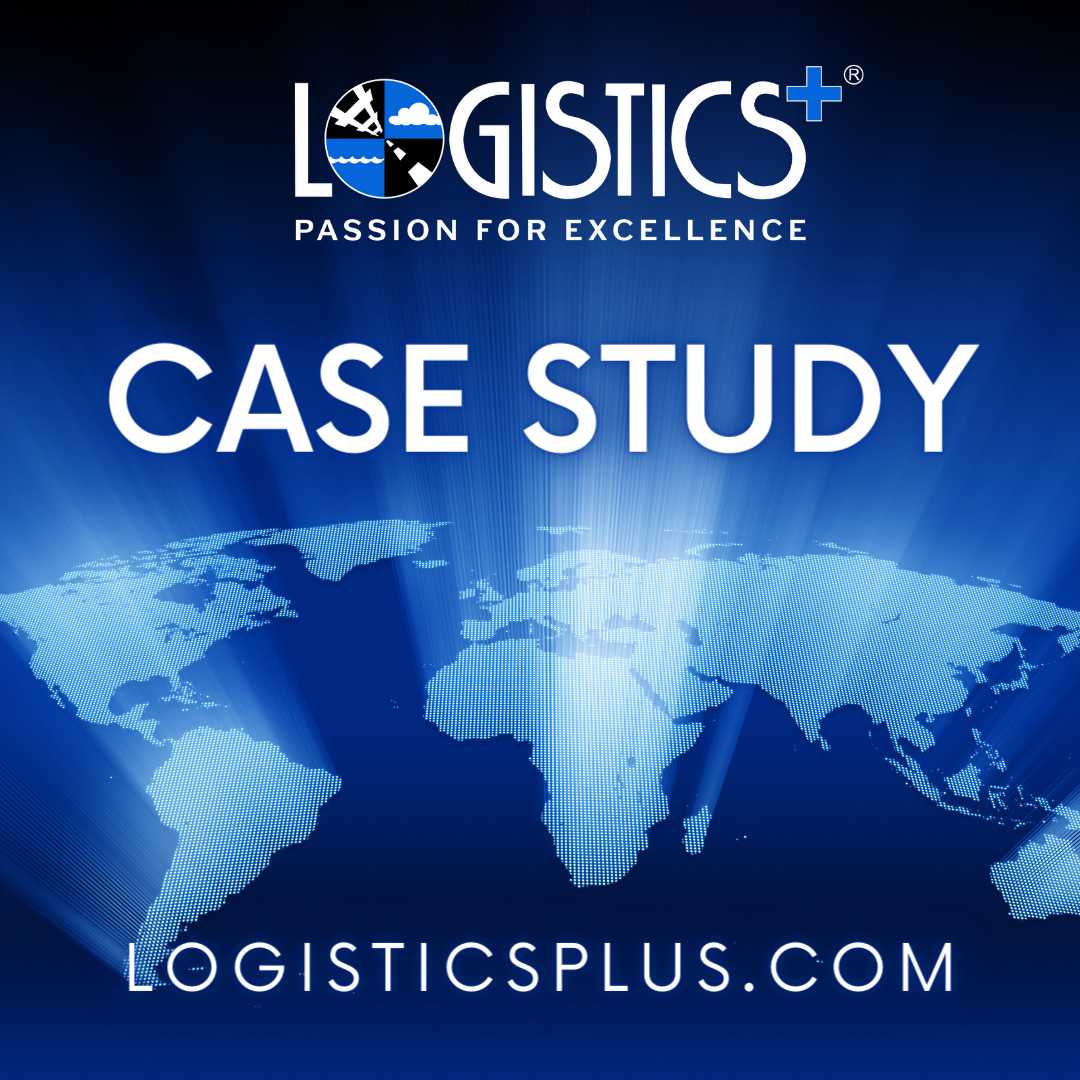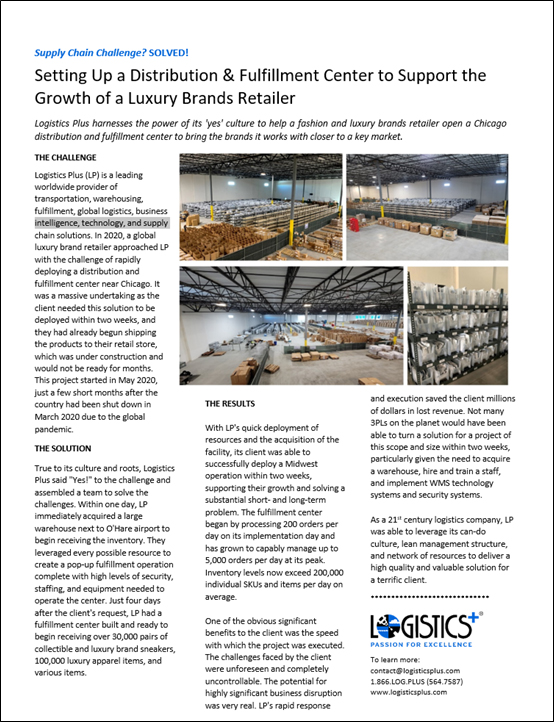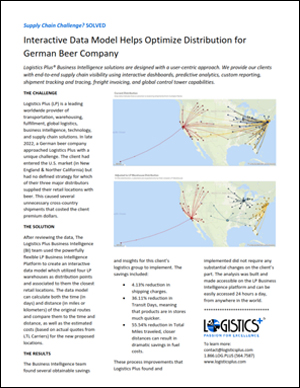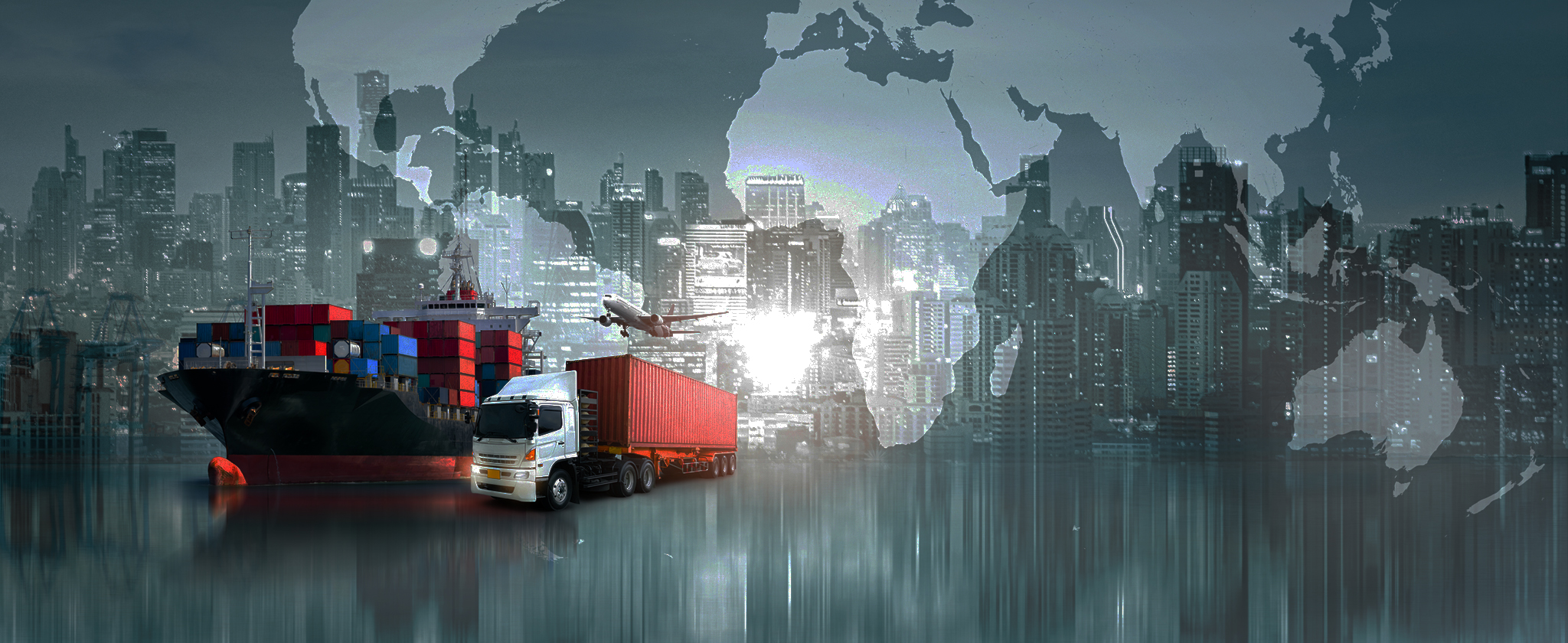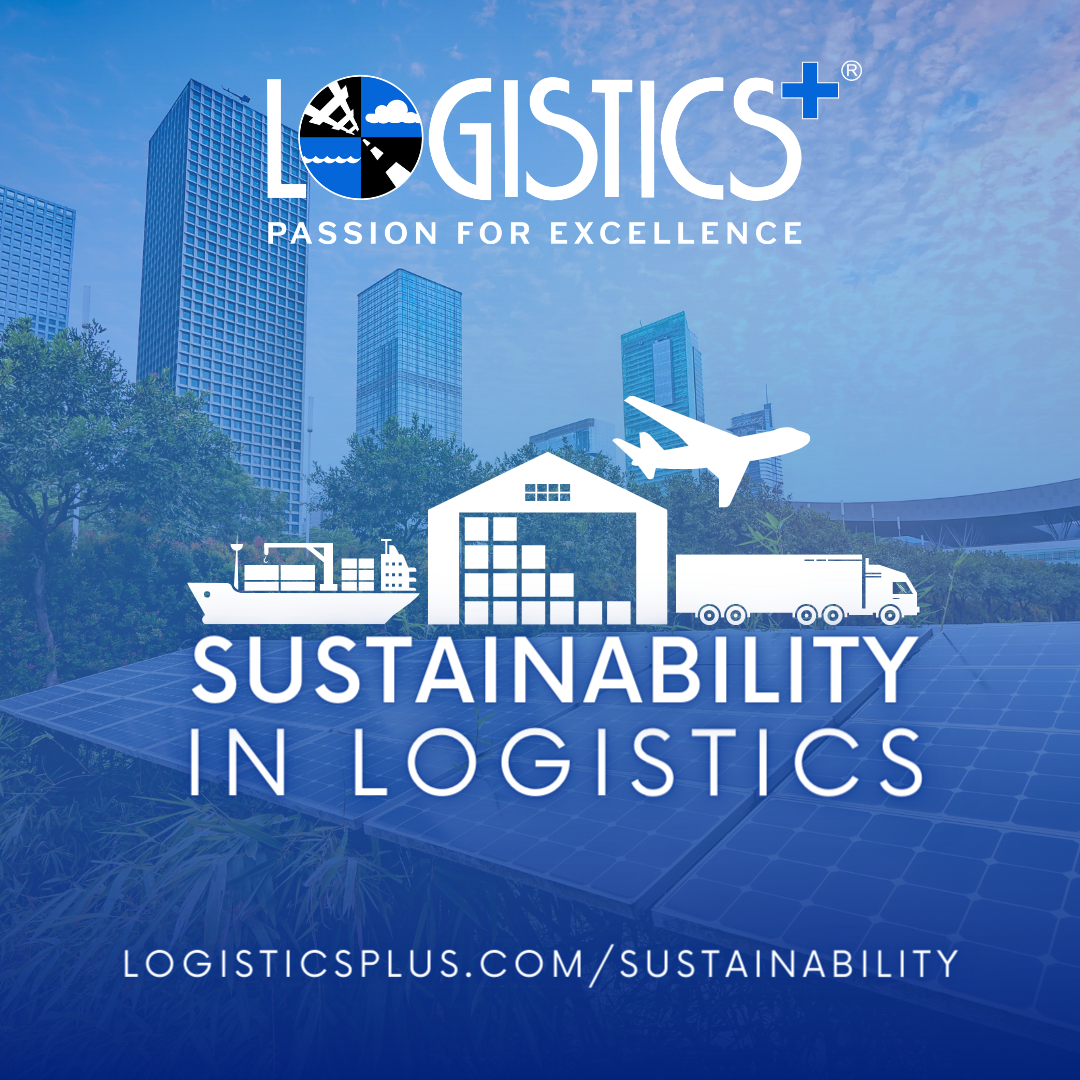
How Sustainability Relates to the Logistics Industry

![]()
Sustainability plays a vital part in logistics. The logistics industry is responsible for transporting, storing, and distributing goods, accounting for a significant portion of greenhouse gas emissions. As a result, there is a growing focus on sustainable logistics practices that can help reduce the industry’s environmental impact.
There are many ways to make logistics more sustainable. Some of the most common practices are listed below.
- Use more efficient transportation methods. This could include using electric vehicles, optimizing delivery routes, or consolidating shipments.
- Reduce packaging. This could be done by using recycled materials, designing packaging that is easy to reuse, or eliminating unnecessary packaging entirely.
- Support green suppliers. Before selecting raw materials, research the supplier’s energy consumption, waste, and emissions. Keeping track of these vital environmental metrics can go a long way.
- Utilize technology. Having the correct data at your fingertips is crucial for reducing your carbon footprint.
- Invest in sustainable projects. Businesses can invest in sustainable projects like renewable energy or reforestation projects. This can help to offset their environmental impact.
By adopting sustainable logistics practices, businesses can help to reduce their environmental impact and improve their bottom line. In addition, sustainable logistics can help to improve customer satisfaction and brand reputation.
Here are some of the benefits of sustainable logistics:
- Reduced environmental impact. Sustainable logistics practices can help to reduce greenhouse gas emissions, air pollution, and water pollution.
- Improved efficiency. Sustainable logistics practices can help to improve efficiency by reducing waste and optimizing transportation routes.
- Lower costs. Sustainable logistics practices can help to lower costs by reducing fuel consumption and energy usage.
- Improved customer satisfaction. Customers are increasingly concerned about the environmental impact of the products they buy. By adopting sustainable logistics practices, businesses can improve customer satisfaction and loyalty.
- Increased brand reputation. Businesses that are seen as being sustainable are often seen as being more responsible and trustworthy. This can lead to increased brand reputation and sales.
Sustainable logistics is a growing trend driven by several factors, including increasing environmental concerns, rising fuel prices, and government regulations. Businesses that adopt sustainable logistics practices can benefit from several advantages, including reduced environmental impact, improved efficiency, lower costs, improved customer satisfaction, and increased brand reputation.
To learn about Logistics Plus sustainability initiatives, visit www.logisticsplus.com/sustainability


